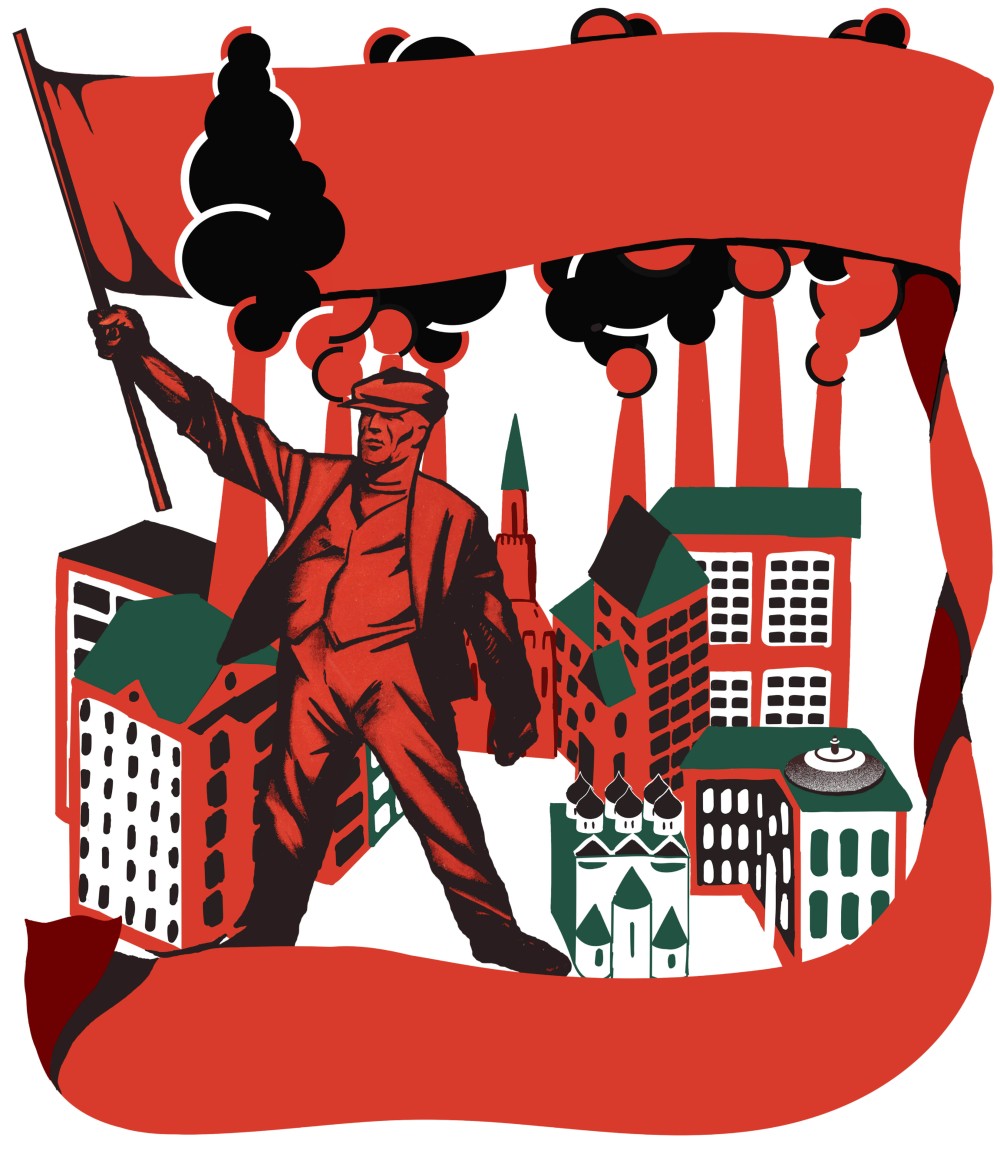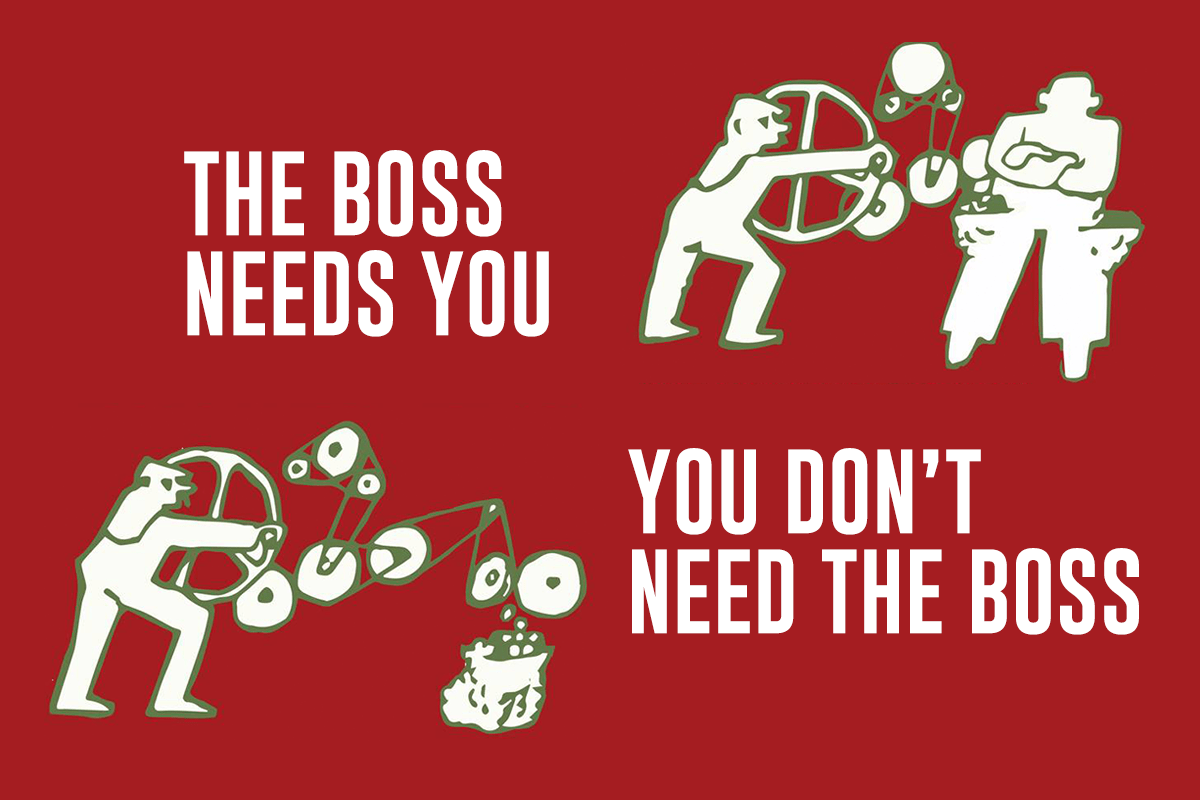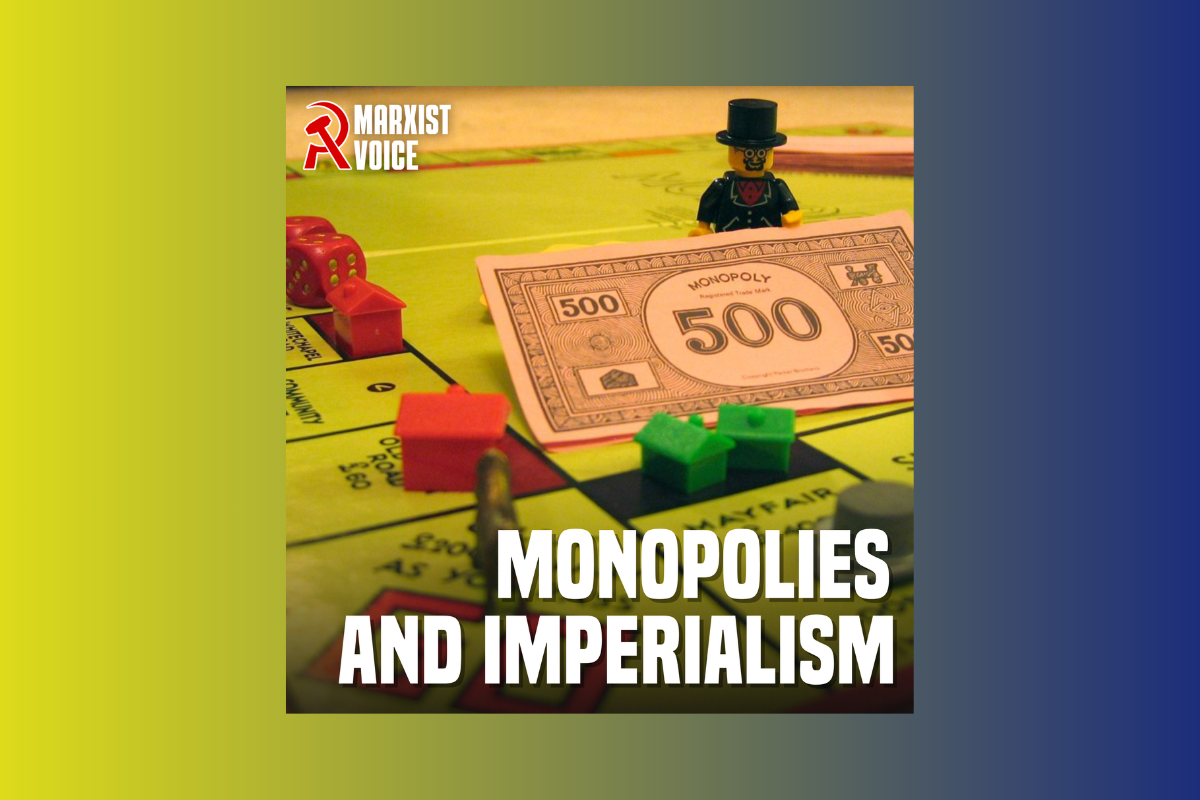Under Corbyn’s leadership, Labour now promises to renationalise the railways, Royal Mail, and public utilities such as gas, electricity and water. The question of public ownership and democratic control has therefore become a central issue in the labour movement.
Recently, a new left-wing academic think-tank called “Common Wealth” has been launched to come up with ideas on “new forms” of public ownership. Apparently, “red” Ed Miliband will be sitting on the new group’s advisory board, a clear indication of their less than radical approach. Hopefully their ideas will not be set in stone.
Class collaboration
Common Wealth’s founder, Matthew Lawrence, was the co-author of the “inclusive ownership fund” idea. This involves the transfer of 10% of the shares in all big UK-based companies to their workers over a 10-year period. These shares would be worth hundreds of billions of pounds. Workers would receive dividends of up to £500 a year. Any surplus over that would be diverted to the state.
How such a scheme would bring power to the workers is a complete mystery. It was, however, hailed by some on the left as extremely “radical”. But it is nothing of the kind.
The idea of giving workers an ownership stake in a company is nothing new. It is part of the so-called “share-owning democracy”. It is certainly not a socialist idea, as it simply seeks to make workers “co-owners” of capitalist companies. In other words, it seeks to bind the interests of the workers to those of the capitalists, giving them a stake in boosting the profitability of corporations.
It is similar to the idea of placing workers on company boards, a concept even put forward recently by such great socialists as Theresa May. German industry adopted this model after the war – a policy of co-determination, or class collaboration, to give it its proper title. It no more challenges the capitalist system or the power of big business than John Lewis does.
Co-operatives or workers’ control?
 Mr Lawrence is a former senior research fellow on the IPPR’s Commission on Economic Justice. He came up with the concept of the inclusive ownership fund in a paper by the New Economics Foundation called “Co-Operatives Unleashed”, published in July last year.
Mr Lawrence is a former senior research fellow on the IPPR’s Commission on Economic Justice. He came up with the concept of the inclusive ownership fund in a paper by the New Economics Foundation called “Co-Operatives Unleashed”, published in July last year.
Again, worker co-operatives are nothing new – or radical for that matter. They are proposed as a more democratic “alternative” to nationalisation. But where they have been set up, the whole business ethos is still tied to the market economy.
Workers see themselves as “owners” and operate as such within the laws of competition and capitalist relations. It is not possible to have islands of “co-operatives” in a sea of capitalism. These co-operative companies are still subject to the laws of capitalism.
These are the ideas of Robert Owen from 200 years ago. Owen was a great Utopian socialist. His ideas were very radical at the time, but they still failed to succeed since the basis of the economy remained capitalist. Despite his best efforts, his Communist Communities, such as New Harmony, were isolated and therefore doomed to failure.
Democratic control in factories and workplaces must start with workers’ control. This means the establishment of workplace committees, elected by the workforce, which should take control of conditions at the point of production or service. Trade unions should play an active and integral part in this.
Workers’ management
 Where industries have been nationalised, we must reject the old bureaucratic management boards, and instead introduce democratic workers’ management.
Where industries have been nationalised, we must reject the old bureaucratic management boards, and instead introduce democratic workers’ management.
In the 1970s, the idea was raised of management boards being made up of: ⅓, ⅓, ⅓. This means a third of the board would be elected by the workforce themselves; a third from the trade union movement; and a third as representatives from a socialist government. This demand was actually put forward by shop stewards when British Leyland was nationalised in the mid-1970s.
Rather than the syndicalist idea of the rail workers running the railways, steel workers running the steel industry, etc., the formula of ⅓, ⅓, ⅓ would mean the working class as a whole would own and control industries. A democratic plan of production would be drawn up involving all sectors, where the separate industries would fit into the general national plan.
This poses the need to take over the “commanding heights” of the economy. If this is not done, nationalised industries would be subordinated to the capitalist market, as was the experience of nationalised industries of the past.
This is a system of democratic workers’ control and management. Workers elected to these boards should be under the control of the workers and subject to the immediate right of recall. Again, workers’ representatives must not have special privileges – which is the basis of bureaucracy – but should be paid the wages of a skilled worker.
The workplace committees would take charge of the day-to-day running of the industry, but the overall responsibility for national decisions would be in the hands of the democratically-elected management boards.
Needs not profits
 Mr Lawrence said that Common Wealth would focus on “transforming and democratising” the ownership of business, finance, data and digital technologies, the environment and land. However, before that can happen, the working class needs to take these industries into public ownership. As the old adage says: you can’t plan what you don’t control, and you don’t control what you don’t own.
Mr Lawrence said that Common Wealth would focus on “transforming and democratising” the ownership of business, finance, data and digital technologies, the environment and land. However, before that can happen, the working class needs to take these industries into public ownership. As the old adage says: you can’t plan what you don’t control, and you don’t control what you don’t own.
Nothing will be “transformed” or “democratised” without industries being taken out of the hands of the capitalist class and unless we do away with the profit motive. Production can then be democratically planned, based on need and not profit. Anything else is a utopian dream.
Mr Lawrence said the question of who owned and controlled the wealth of society was a fundamental question in 2019. We agree, it is a fundamental question. But what is the answer to this question? Clearly, the wealth and resources of society should be taken out of the clutches of big business and put into the hands of those who produce the wealth: the working class.
Unfortunately, how this scandal can be resolved is left all very vague indeed, presumably left up to the deliberations of the think-tank. Such woolly thinking is revealed in Mr Lawrence’s statement that, “Just as nationalisation underpinned the post-war consensus and privatisation drove Thatcherism, new pluralistic and democratic models of ownership will be vital to moving beyond neoliberalism.”
Nationalisation had nothing to do with underpinning the post-war “consensus”. The nationalisations carried out in the post-war period were not of profitable industries, but those facing bankruptcy and lack of investment.
This was a form of state capitalism, where the nationalised industries were used to provide the dominant capitalist economy with cheap transport and utilities. There was no workers’ control or management, but instead bureaucratic boards of former managers, ex-generals, and top civil servants.
Thatcher was driven by the needs of capitalism, and privatisation was only part of this. The alternative must not be some kind of “better model” of capitalism, implied by the call of “moving beyond neoliberalism”. What we need is to do away with capitalism itself. The idea of some sort of “mixed bag” of ownership models will end in a swamp.
Power to the workers
 What we need now is not confusion, but clarity. Every attempt to patch up capitalism, make it more “popular”, giving workers shares, etc., will end in disaster. It evades the real issue of ending the rule of big business and the banks.
What we need now is not confusion, but clarity. Every attempt to patch up capitalism, make it more “popular”, giving workers shares, etc., will end in disaster. It evades the real issue of ending the rule of big business and the banks.
Only by adopting a clear and bold socialist programme can we resolve the problems facing the working class. This means taking over the banks and key industries that dominate the economy, and putting them under democratic workers’ control and management. Anything less, is simply tinkering with the problem.
The steps required today were outlined over 100 years ago in the original Clause 4 – Labour’s commitment to the socialist transformation of society. This was later abolished by Tory Blair in 1995 as part of his New Labour project.
No amount of fancy academic think-tanks, coming up with various utopian schemes, will solve things. We must put real power in the hands of the working class.






